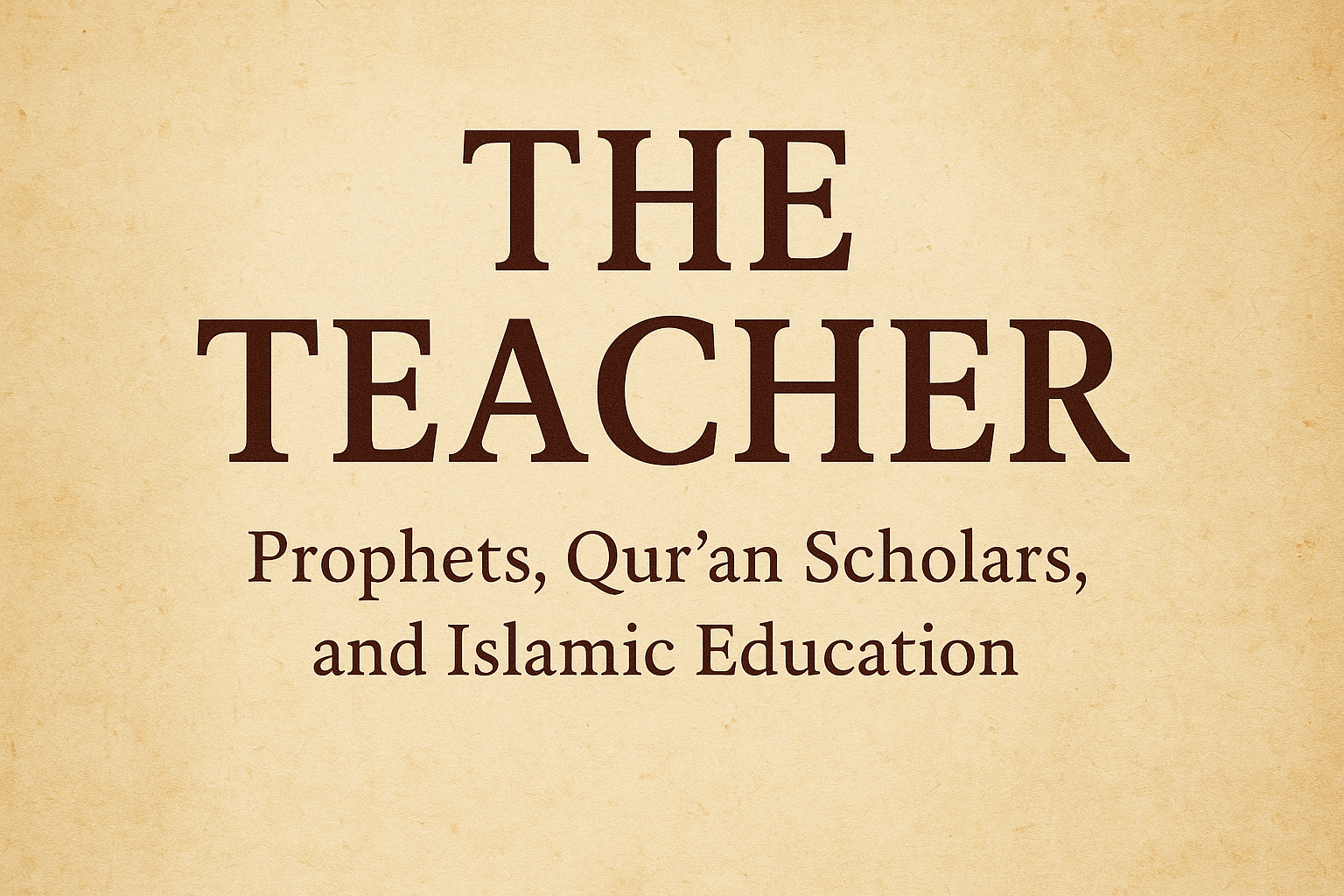Muhammad Tariq Ghazi
If you are talented, be a scholar; if you don't have such talent, be a student; if you cann't be a learner, love scholars. If that too is not possible, at least don't hate those who are knowledgeable.
A ruler of half the world gave his citizens this small lesson in what we often call civilization or culture.
That man lived – or rather died – 1337 years ago at a young age of 38. He ruled a great empire extending from Andalus in Spain to North India, straddling whole of North Africa, Eastern Anatolia, Armenia, Georgia, Arabia, Yemen, ash-Sham, Iraq, Persia, Sindh, Sistan, Baluchistan, Afghanistan, Khorasan, Turkania, as far as TranOxania. He was a reformer of high rank and was poisoned for that reason by princes against reforms.
In just 30 years thereafter the empire collapsed. The reason was the princes did not honor the Tallest Alim – scholar – who had risen from their own ranks. The scholar, this reformer, was Umar II, son of Abdul Aziz Ibn Abdul Malik Ibn Marwan Ibn Hakam of the Bani Umayyah. Umar II ruled for 28 months, and in that short period he introduced fiscal, political, social, and Deenic reforms..
The lesson is: Ignore the Ulama and human intellect dishonors you; show disrespect to the Ulama and human society throws your whole society into the oblivion.
Of this brief advice, the last instruction – at least don’t hate those who are knowledgeable – is the most difficult one to follow in our modern society. Just look around and start assessing opinions of those in your contact. Select ten of them and talk to them about scholars, ask their opinions about them. You will be surprised to discover that quite a few of them will be condemning the Ulama.
It is not the question of one particular maulwi, or character of a particular scholar. The moot point is a societal habit of our times.
Why is it so?
One of the causes of this thankless situation is that a large number of people believe that anyone with the title of maulana, maulvi, sheikh, hazrat, allamah, etc etc, is just an ignorant bumble – of course, as compared to Us, with a capital U. Ironically, people holding such view stand on the side of ignorance, for they do not know what a scholar does and can do for society or what did they do in the hoary past.
I had noted one such incident in Blood-Soaked Century, my first lecture on The Sultanate Osmania (Ottoman Empire), while discussing world Muslim society during the thirteenth century following the Mongol devastation. The relevant part is reproduced here:
Everywhere in the east, except India, distressed Muslims were in total disarray. As a result of frequent defeats at the hand of the Mongols they had lost both leadership and valor. From Central Asia to West Asia every place was comatose and people began waiting for the Day of Judgment, describing the Mongols as the anticipated curse of Gog and Magog.
(At that time Muslim resistance and efforts for rejuvenations began on two fronts) On the first front, mysticism gained ground, especially in the Muslim East: when political power failed to deliver results, the Ulama of Islam took reins of the Ummah in their hands. Sufis and social reformers of the caliber of Farid ad-Din Attar (537-617/1142-1220), Najm ad-Din Kubra (540-617/1145-1220), Muin ad-Din Chishti (535-627/1141-1252), Ibn Arabi (560-637/1165-1240), Shams Tabrez (d.643/1245), Abu al-Hasan Shazili (571-650/1175-1252), Farid ad-Din Ganj-Shakar (571-663/1175-1265), Jalal ad-Din Rumi (604-672/1175-1252), Mahmud Shabistari (687-720/1288-1320) took upon themselves to arrest the decline, boost morale and re-organize the Ummah that had been degenerated into an aimless crowd, by re-generating its self-confidence.
Yes. That was the time when Muslim political leadership was completely wiped out from Balkh and Bukhara, Merv and Herat to Baghdad and Damascus, Aleppo and Mosul. At that time this group of people accepted the challenge in its stride as it would always come to help in time of a big crisis. Now, in the nineteenth, twentieth, twenty-first centuries, this same group of people has been demonized. Then who is going to seek their help or advice? This is a serious situation.
Umar the Second’s advice, although universal in application, is notably addressed to Muslims.
This is what the Mujaddid – Renovator-Reformer – of the First Century had feared.
How far-sighted was that Man of the Century! Allah o Akbar!







